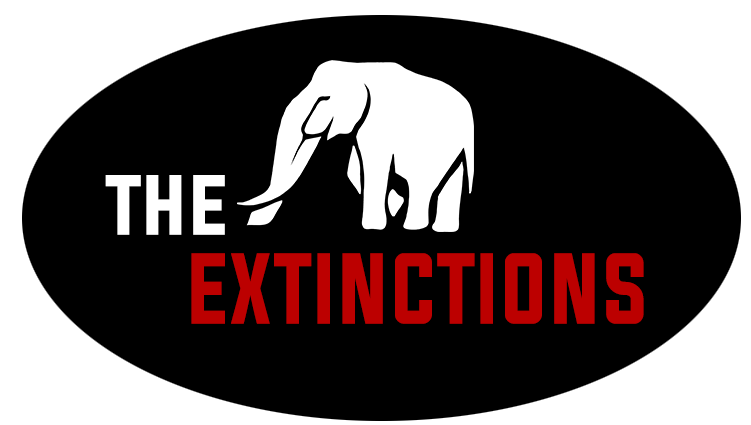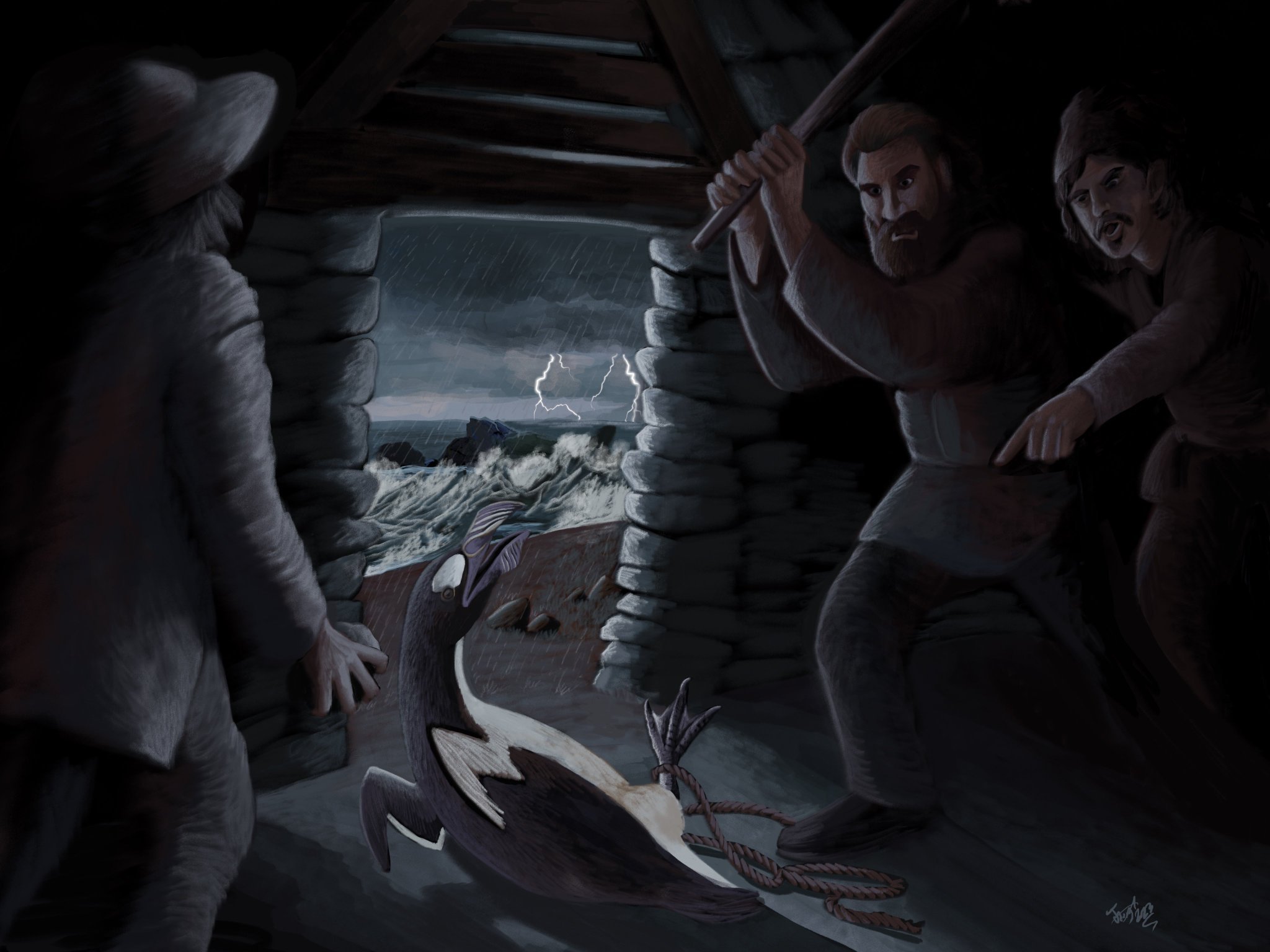
The History of the Decline and Fall of the Great Auk
The extinction of species has long captivated the curiosity of scientists and nature enthusiasts alike. Within the realm of vanished creatures, the great auk stands as a prominent figure. As the only flightless bird in the North Atlantic, the great auk (Pinguinus impennis) held a unique position as the largest member of the Alcidae family, commonly known as auks. This goose-sized seabird has left an indelible mark on our natural history

Isles of the Tasman Sea – Part II: Norfolk Island
Norfolk Island offers an interesting juxtaposition to Lord Howe Island, as it contains a very similar faunal guild, but the extent and circumstances of its extinctions are somewhat different.
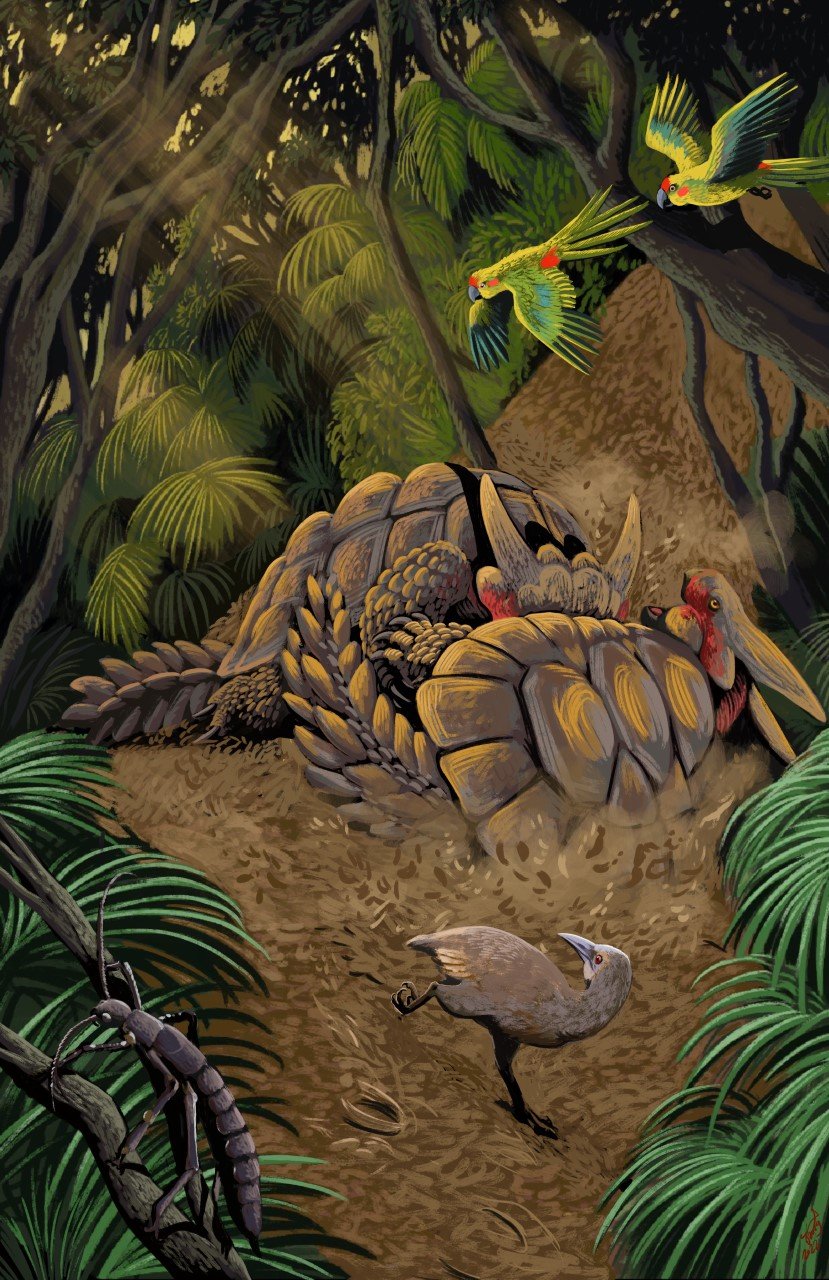
Isles of the Tasman Sea – Part I: Lord Howe
600km off the east coast of Australia, amidst the Tasman Sea, sits a tiny archipelago – the only specks of land for a hundred leagues. The Lord Howe Island Group. Today the entire archipelago is considered UNESCO world heritage due to its interesting collection of flora and fauna with high rates of endemism. Unfortunately, as is also often the case with islands, this diversity has become much diminished in historical times.
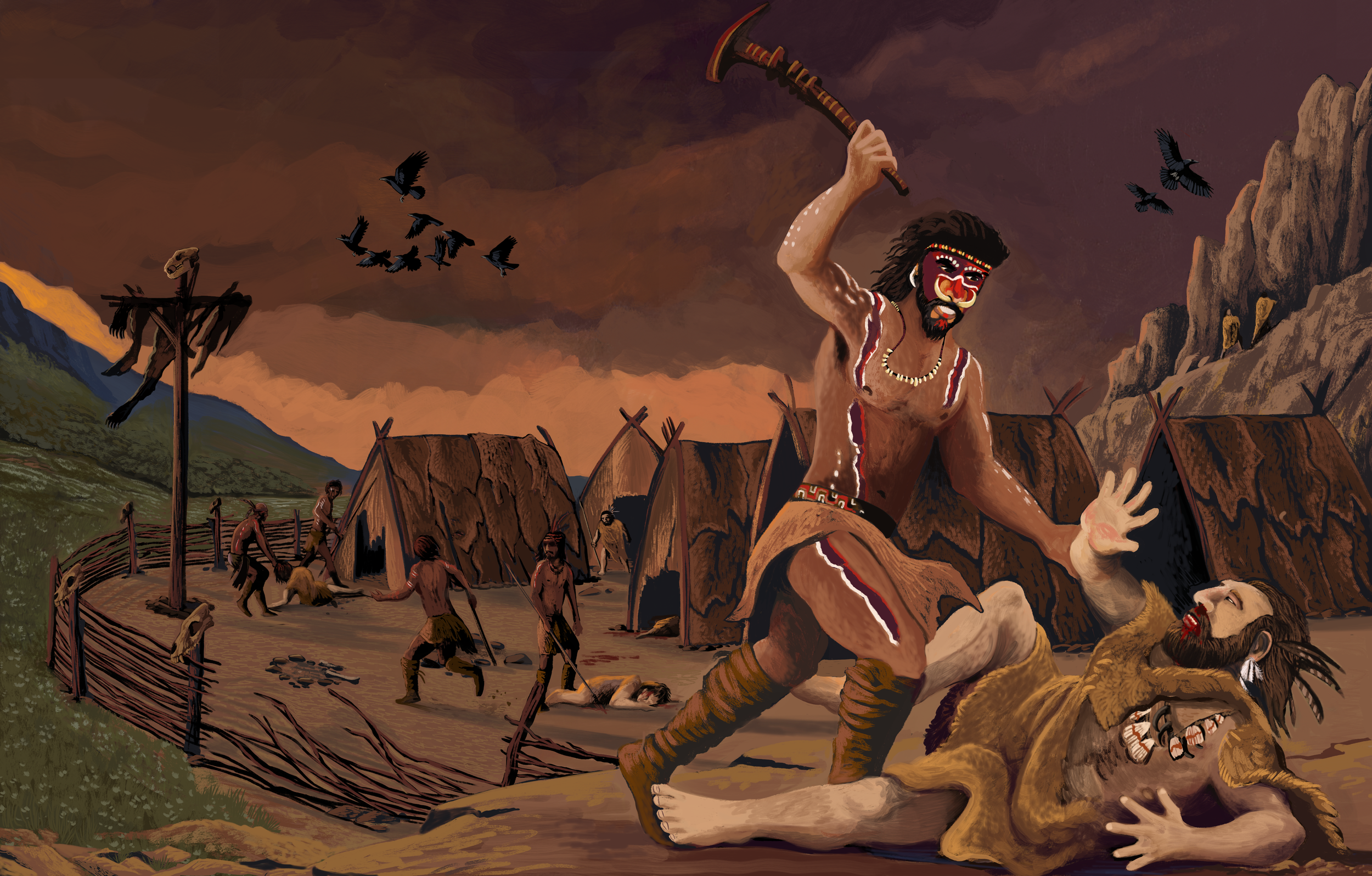
First and Last Men Part I - Adam's Kindred
It is an odd thing to consider that only a couple centuries ago there existed among neither the public nor the sciences any particular notion of prehistory. There was history, of course, a field both venerable and respected, but nothing before it. The annals of the Old Testament traced back the lines of man to the very dawn, or so it seemed, and little in the way of archaeology or palaeontology had ever arisen to complicate this picture. The histories seemed complete, a record from dawn till dusk. The process of discovery is rarely gentle. The advent of geology, palaeontology and complex archaeology have resulted in nothing less than a total reinterpretation, if not revolution, in our view of human history. If the old narratives were not destroyed, they were rendered at least vastly more complex than hitherto thought. From this process of discovery and transformation has arisen an entirely new cultural vocabulary, never before known: Extinction, evolution and the vastness of time became concepts enmeshed in popular thought. For the first time in millennia, people spoke of the mammoth and the sabretooth. For the first time in history, of the dinosaur. Yet of all the new images and ideas, perhaps the most startling was also the most familiar: the man before Man, the dweller in the grottos, the ur-person. The Caveman.
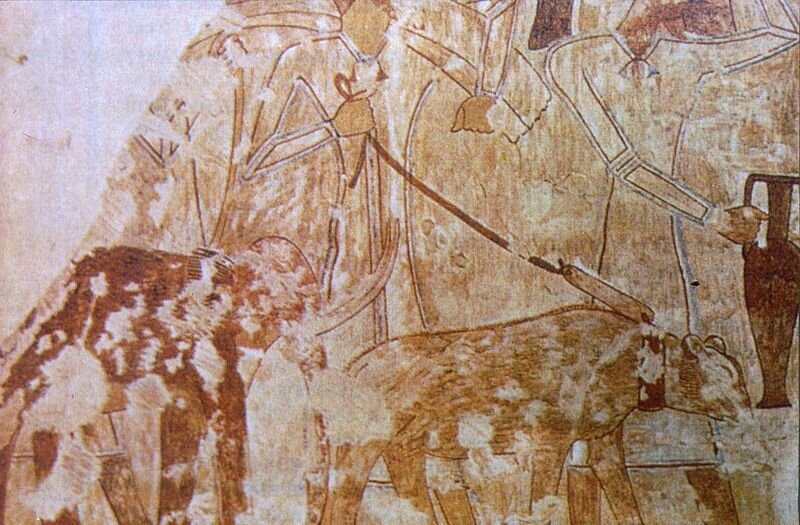
Elephants of the Aegean - Dwarfs and Giants of the Ancient Sea
The very words “dwarf” and “elephant” seem to us today utter contradictions, yet it was not always so. The Aegean, the blue heart of Greece, was once home to not one but dozens of diminutive elephants, scattered across the ocean’s myriad isles, isolated for hundreds of thousands of years. Until they weren’t.
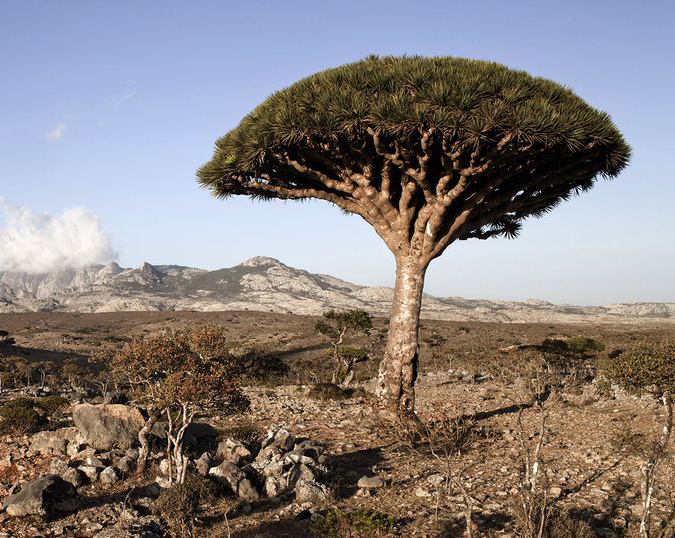
Islands - Socotra
Isolated for 20 million years, Socotra is a world apart. It is home to numerous birds and reptiles found nowhere else, as well as a host of plants, so bizarre as to look almost alien. And yet, Socotra is in decline.
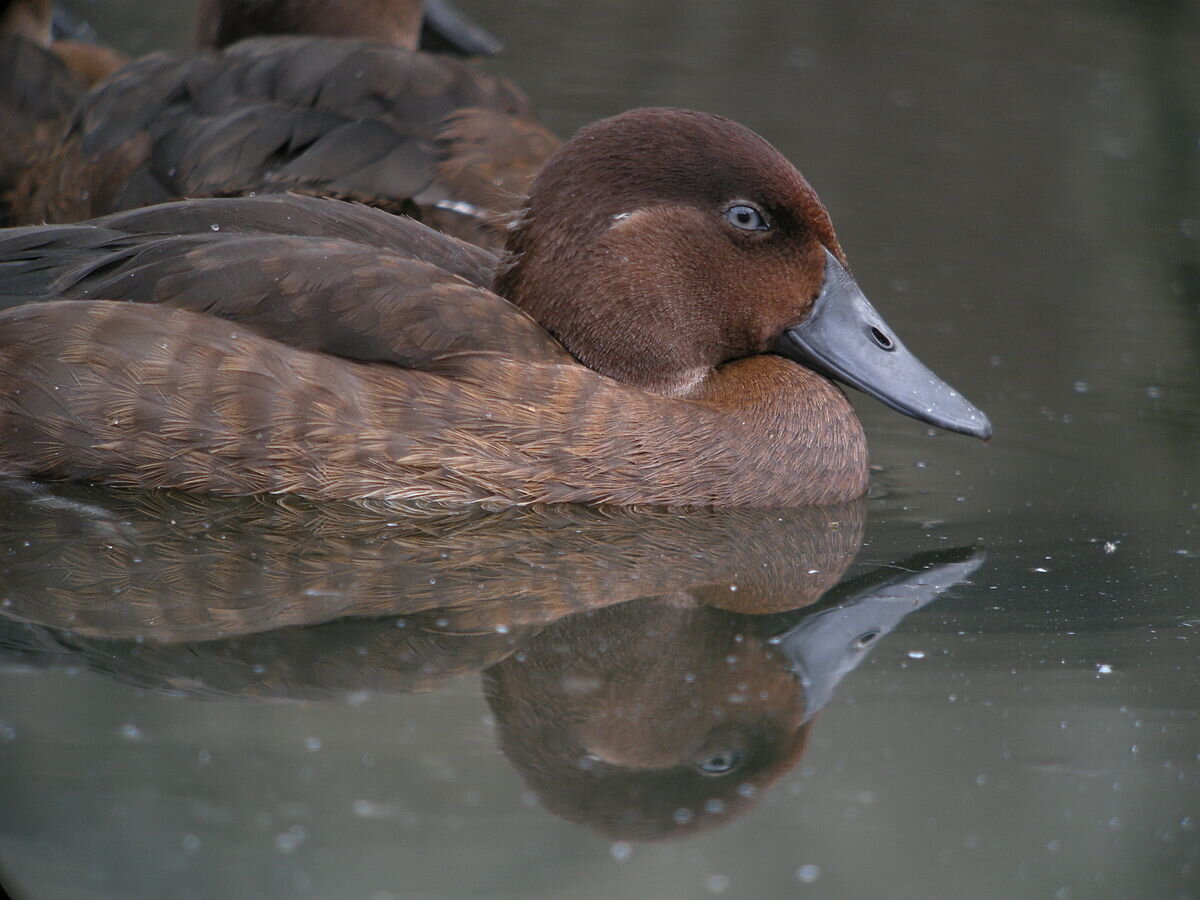
Wildfowl Extinctions
Wildfowl are amongst the most prolific bird groups and have reached every part of the planet, including remote islands. The group has not been spared casualties during the Holocene extinctions, and a clear pattern emerges when extinction dates are compared to the time of human arrival, though the mechanism remains less clear.
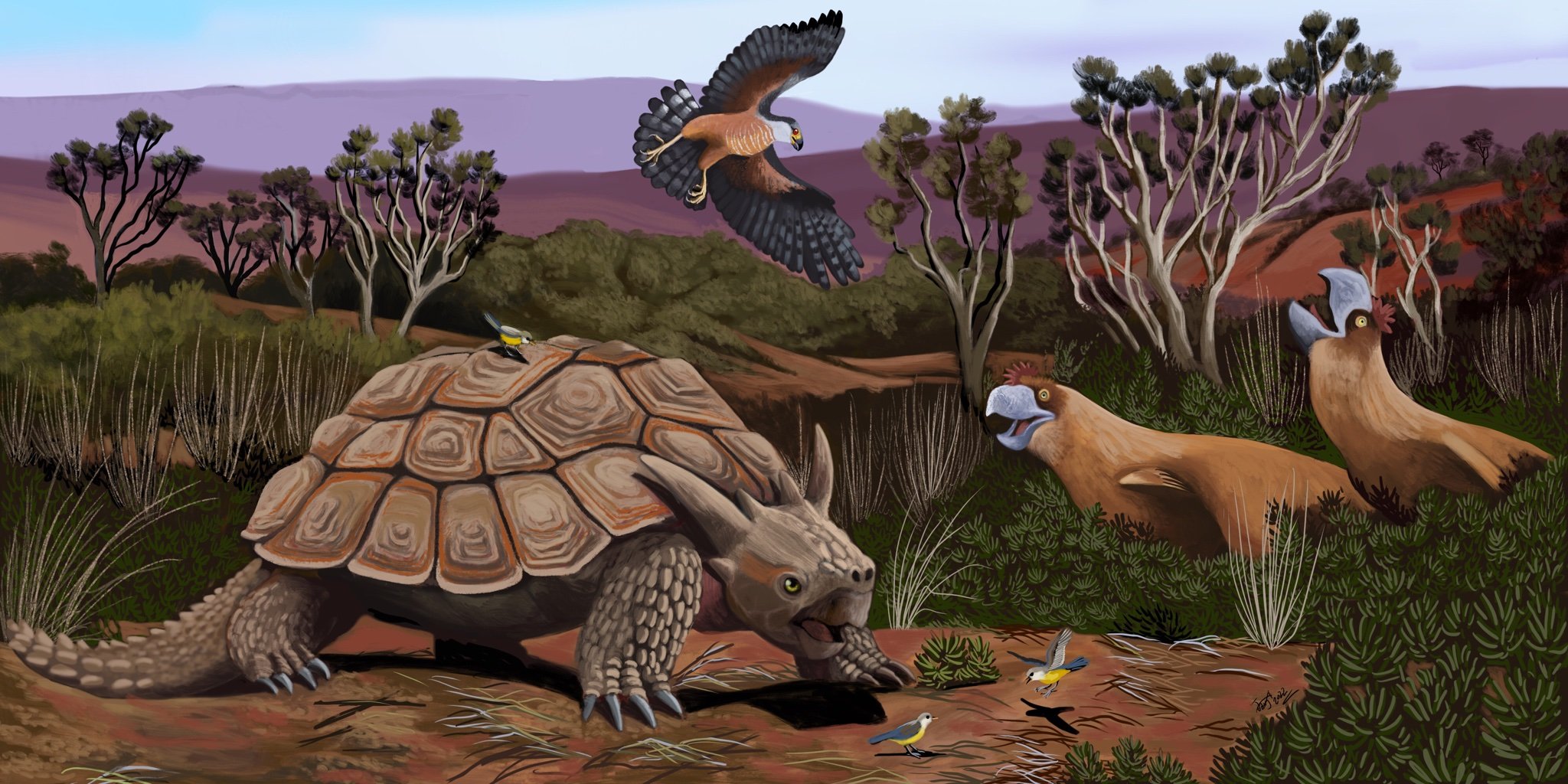
Islands - New Caledonia
New Caledonia was the ‘lost world’ of the Holocene - The final bastion of ancient groups of birds and reptiles, where horned turtles lumbered about the rocky shorelines, land-living crocodiles prowled the jungles in search of ground pigeons, and giant fowl traversed vast metallic scrublands. Then they vanished.
